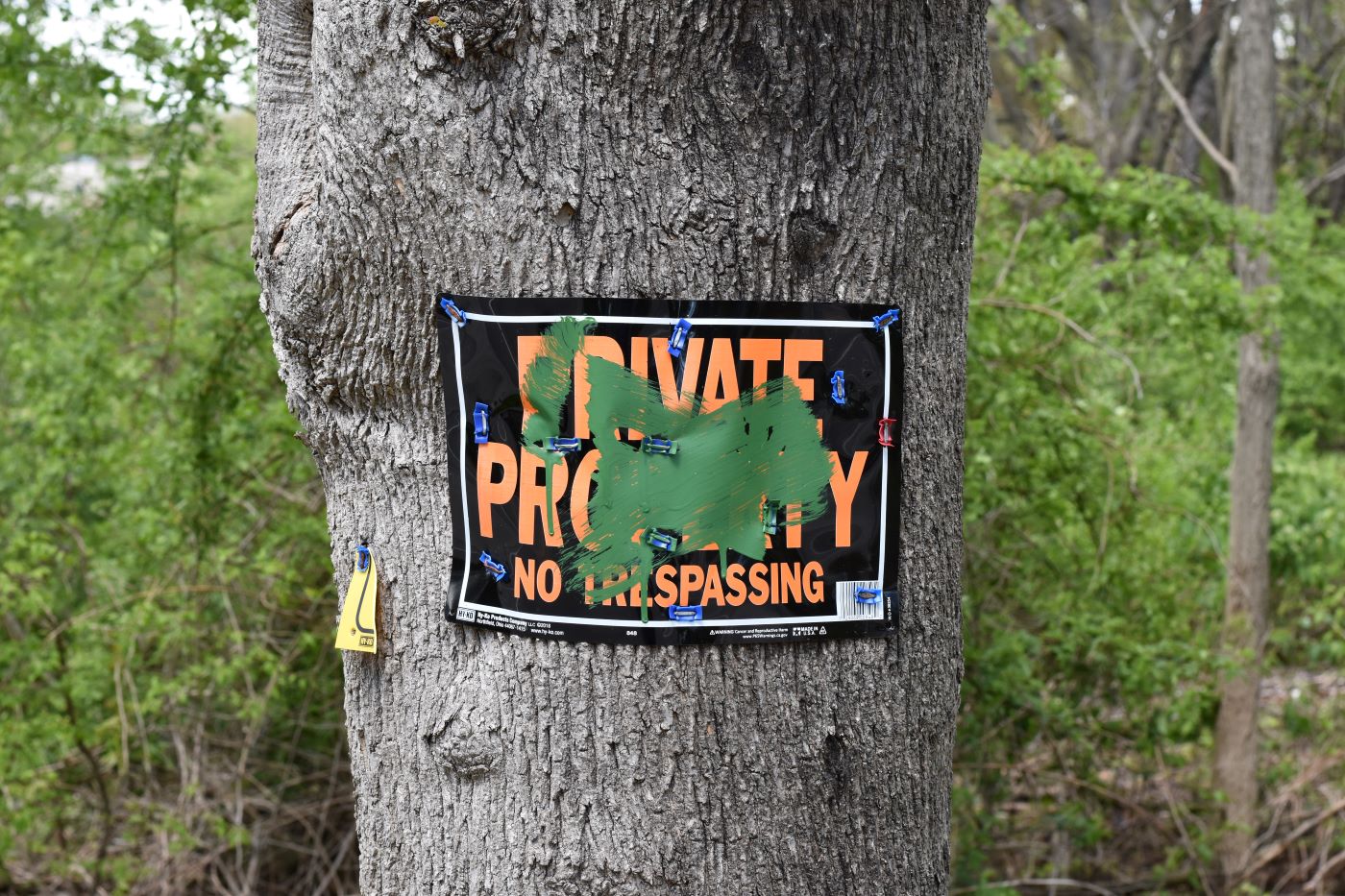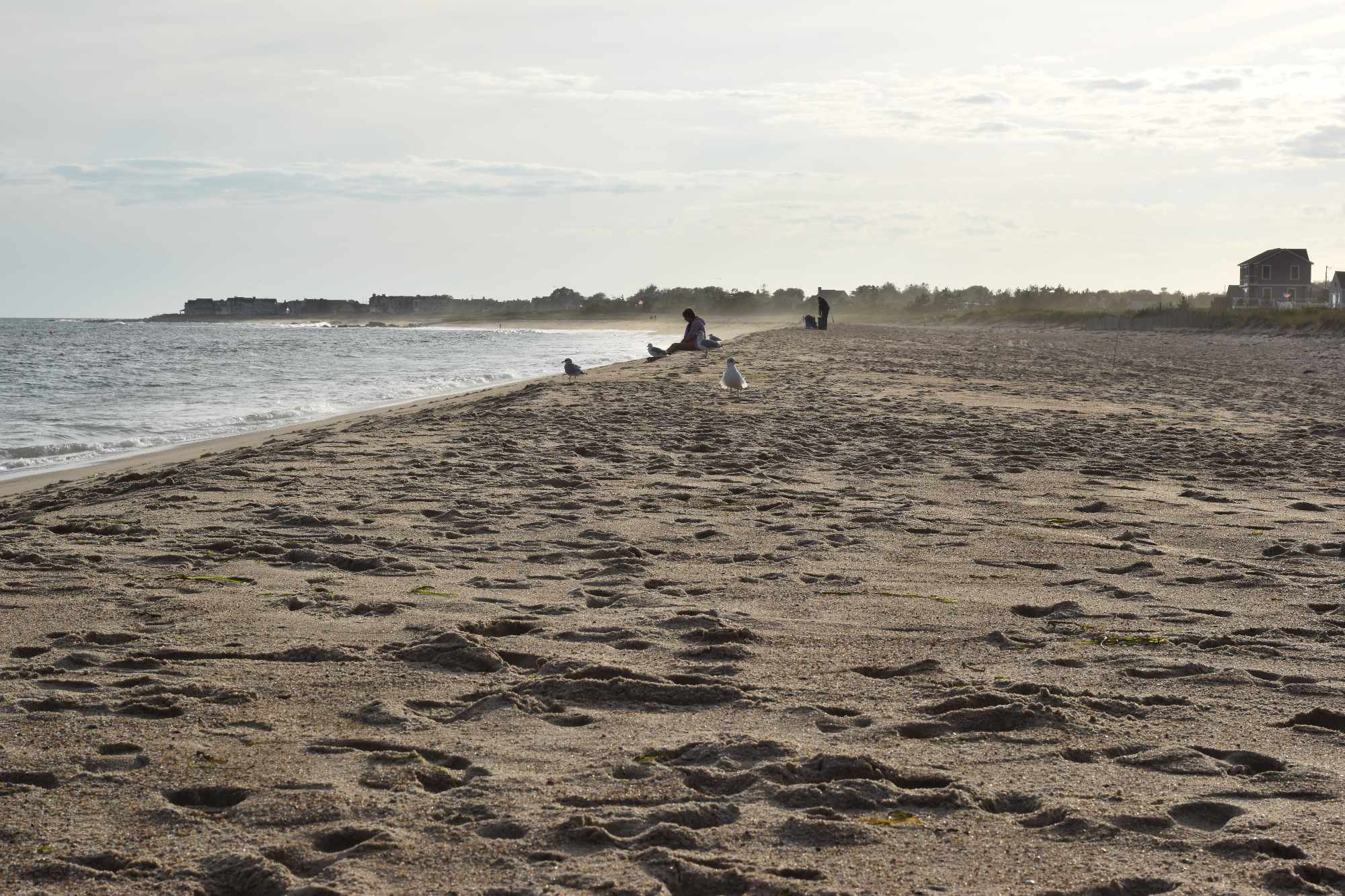DEM to Try New Approach in Dealing with Allens Avenue Polluters
November 27, 2023
PROVIDENCE — Rhode Island’s top environmental official is pledging a new approach in dealing with some of the state’s worst polluters.
Terry Gray, director of the Rhode Island Department of Environmental Management, acknowledged at a recent meeting of the Providence Sustainability Commission that the agency’s current approach to regulating polluting industries in the Port of Providence and along Allens Avenue isn’t going well.
“It’s just not working,” he said. “We can’t get there fast enough, or our department just doesn’t have enough staff to keep up with the complaints.”
Instead of responding to community complaints about odors from the notorious businesses along Allens Avenue, Gray said DEM would begin posting inspectors downwind from specific facilities for an hour or two at a time for spot checks. Anytime DEM inspectors detect an odor, any noxious odor, said Gray, department regulators will follow up with a complete facility inspection of the offending facility.
The department is also looking to update its odor regulations to include a nuisance standard and address quality-of-life issues. DEM also wants to update its regulations on asphalt plants, and start cracking down on trucks idling in Allens Avenue business lots, in violation of state law.
The industrial corridor along Allens Avenue contains 30 potential sources of odor and air pollution, and timing is everything. By the time DEM sends an inspector down to the port, the initial odor that caused the complaint may be long gone, making enforcement a challenge.
“We’ve been dealing with odors in the port area for a lot of years,” Gray said. “Too long, quite frankly.”
Polluting industries along Allens Avenue have a long history of flouting environmental regulations and state law. The 1.8-mile stretch of road, which marks the eastern border for the residential neighborhoods of Washington Park and South Providence, is home to a veritable buffet of bad neighbors, unwanted industries, idling trucks, fossil fuel facilities, and unwanted smells and sights.
In 2021, despite being denied a variance request by the Zoning Board of Review, the Narragansett Improvement Co. continued to illegally store and process concrete, stone, aggregate, and asphalt on an Allens Avenue site it leased from property owner Cumberland Farms Inc.
Earlier this year, Rhode Island Recycled Metals (RIRM), a controversial scrapyard that’s made numerous headlines over the years for its environmental violations, expanded its holdings when it purchased an adjacent 9.8-acre lot. In the past, RIRM has expanded its operations despite lacking the required permits, and a fire on-site in March 2021 prompted the City Council to pass a resolution calling for more stringent environmental controls and compliance in the port area.
For residents of the Washington Park and South Providence neighborhoods, which host thousands of residents just west of Allens Avenue, the environmental violations add up to some serious public health concerns. Monica Huertas, a longtime Washington Park resident and founder of the People’s Port Authority, told members of the Sustainability Commission the pollution from the area continues to impact her family.
“We all know what it is,” Huertas said. “It’s the asphalt, it’s the concrete, it’s the salt piles blocking the air flow. Why does it all have to be on the same damn road in the same damn community?”
Huertas told the commission she spent most of September in and out of the emergency room taking care of her 7-year-old son, who was diagnosed with Kawasaki disease, a rare illness typically found in children younger than 5. It’s a leading cause of acquired heart disease in the United States. Meanwhile, her other son, Huertas said, was developing steroid resistance to his asthma medication, worsening his asthma.
As of 2019, Rhode Island was ranked ninth for asthma in the United States, with nearly 11% of the state’s population suffering from the chronic lung disease. Areas adjacent to the Port of Providence and Allens Avenue have some of the highest child asthma rates in the state.
“This is just two kids out of the thousands of kids that live here,” Huertas said.




#1. The Governor needs to publicly support an increase in DEM and CRMC compliance staff.
#2. What good are regulations if they aren’t enforced? Both DEM and CRMC should publicize the fines given and received every year for violations in regulations. Prove that they are doing their jobs.
Help pay for the increases in staff by leveling fines on polluters!!